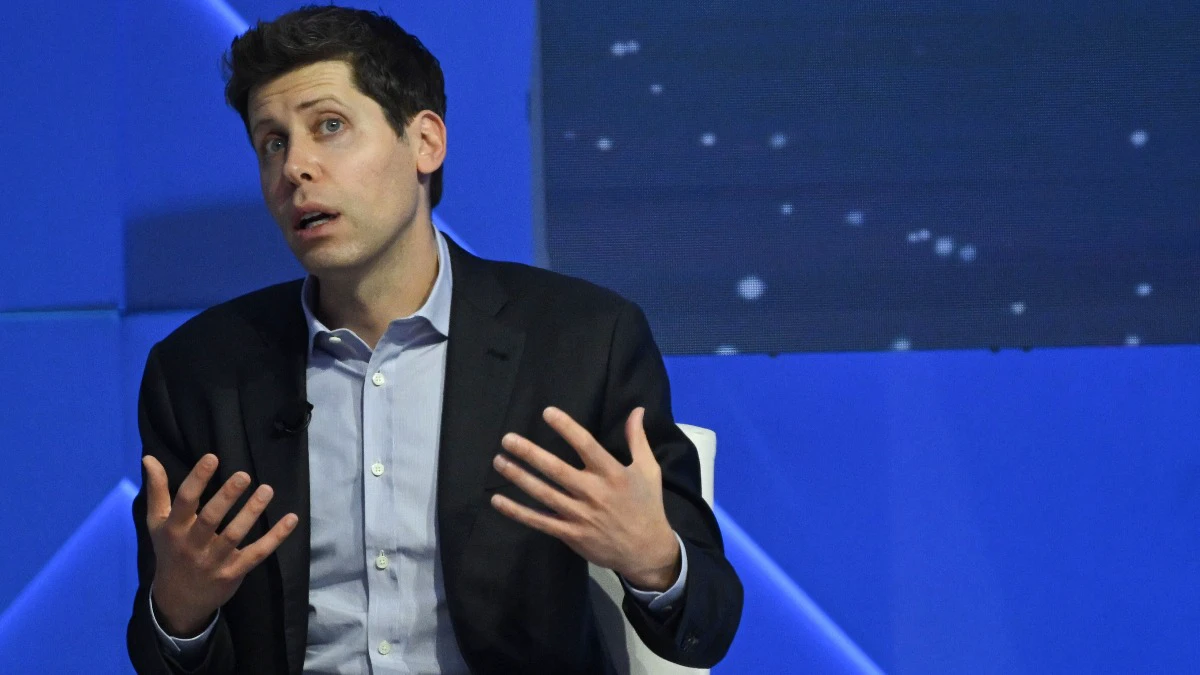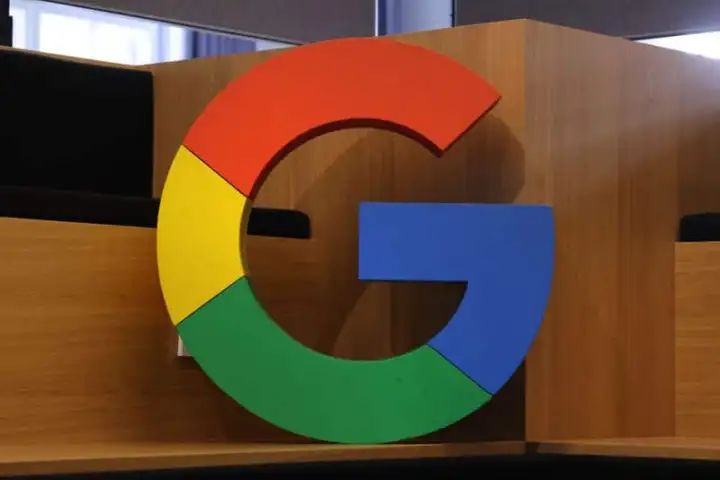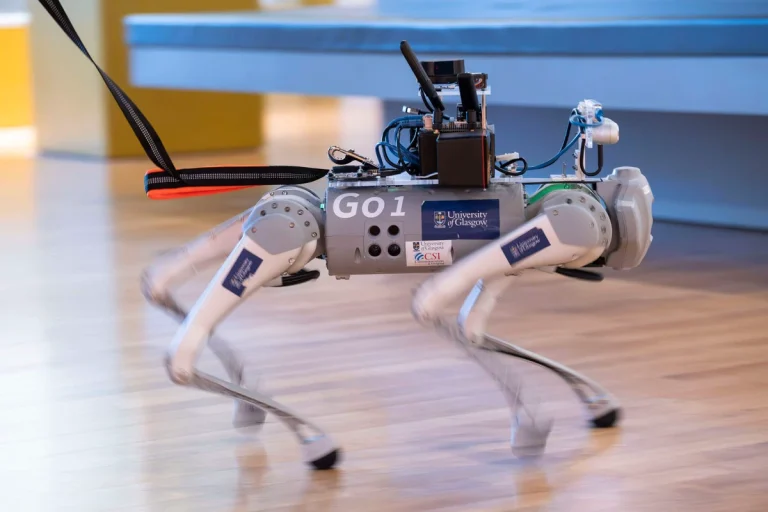Painful, chaotic, shameful’: Sam Altman opens up on the OpenAI board saga

In a candid conversation on The Lex Fridman podcast, Sam Altman, the CEO of OpenAI, delved into the tumultuous events surrounding the OpenAI board and his personal experiences during the ordeal.
Describing it as “definitely the most painful professional experience” of his life, Altman shared insights into the challenges faced and lessons learned.
Reflecting on the events, Altman expressed a mix of emotions, acknowledging the support he received from loved ones amidst the chaos. “There were great things about it too,” he said, “and I wish it had not been in such an adrenaline rush that I wasn’t able to stop and appreciate them at the time.”
Altman described the period following the board saga as a “Fugue State,” marked by personal struggles and a desire to retreat. “I was just sort of drifting through the days,” he said, “feeling so down…really painful and hard.”
Despite the difficulties, Altman highlighted the importance of learning from the experience, both personally and organisationally. “Definitely learned a lot about structure and incentives,” he said, “and what we need out of a board.”
Addressing the dynamics within the board, Altman acknowledged the challenges of operating under pressure. “In stressful situations, people understandably make suboptimal decisions,” he said, emphasising the need for resilience.
Altman also discussed the evolution of the OpenAI board, noting the changes made to address past shortcomings. “The old board sort of got smaller…and didn’t have a lot of experienced board members,” he said. The new board, he added, aims to bring a diverse range of expertise to the table.
Regarding criticism of certain board appointments, Altman explained that decisions were made amidst intense circumstances. “Those were decided honestly without…rigorous process,” he said, emphasising the need for future board appointments to be more deliberate.
When asked about the importance of technical expertise on the board, Altman stressed the need for a balanced perspective. “You definitely need some technical experts,” he said, “but there’s a lot more about how [technological advancements] impact society…that you really want represented.”





